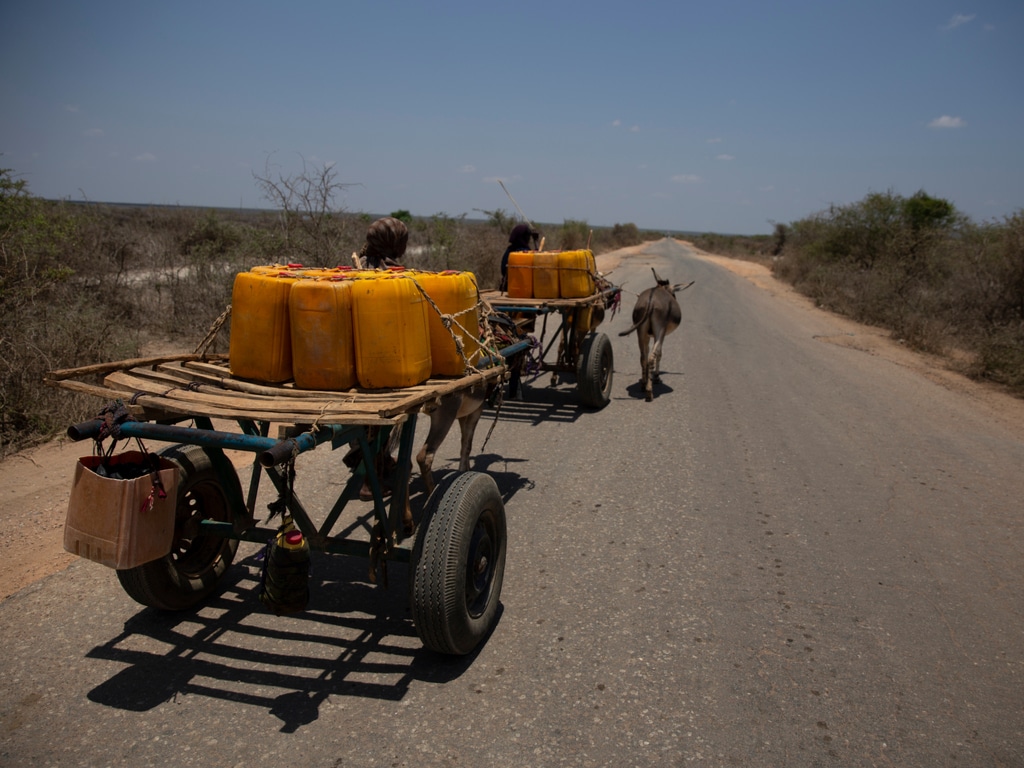From Mogadishu, the capital, to Baidoa in the Bay region in the south, Somalia is experiencing its driest hours. The unprecedented heat wave affecting the country has already displaced 17,000 people, affecting their livelihoods. Without shelter, drinking water or food resources, these people who rely mainly on livestock and agriculture to survive have only their eyes to see biodiversity collapse.
Between the degradation of forests and land and the invasion of insects, the drought has jeopardized the potential of fauna and flora in this country located at the eastern end of the Horn of Africa. In the town of Beledweyne, for example, the 2 million inhabitants on the border with Ethiopia and on the verge of food insecurity are trying to leave the arid zone, reports the United Nations (UN).
Already hit by a locust invasion between 2019 and 2021 and then by the Covid-19 pandemic, Somalia is facing a drought, caused by three seasons of insufficient rainfall since late 2020. This is helping to exacerbate the disaster.
The grip tightens
According to the UN, the drought has affected 4.5 million Somalis in February 2022 compared to 3.2 million in December 2021. In this toll, at least 671,000 people are in search of water, food or pasture for their livestock. “Projections show that the next rainy season expected in April could also be below average. If we don’t act quickly, we may find ourselves in an extreme situation by June,” says Adam Abdelmoula, the UN deputy representative in the country.
Read also-SOMALIA: when drought threatens the food security of one in four people
In this context, a recent report by the Intergovernmental Panel on Climate Change (IPCC) outlines the varying effects of the climate crisis on communities that have less capacity to adapt. Somalia, with a population of 16 million, is constantly facing poverty, limited access to basic services and resources, conflict and climate-dependent livelihoods.
Benoit-Ivan Wansi
